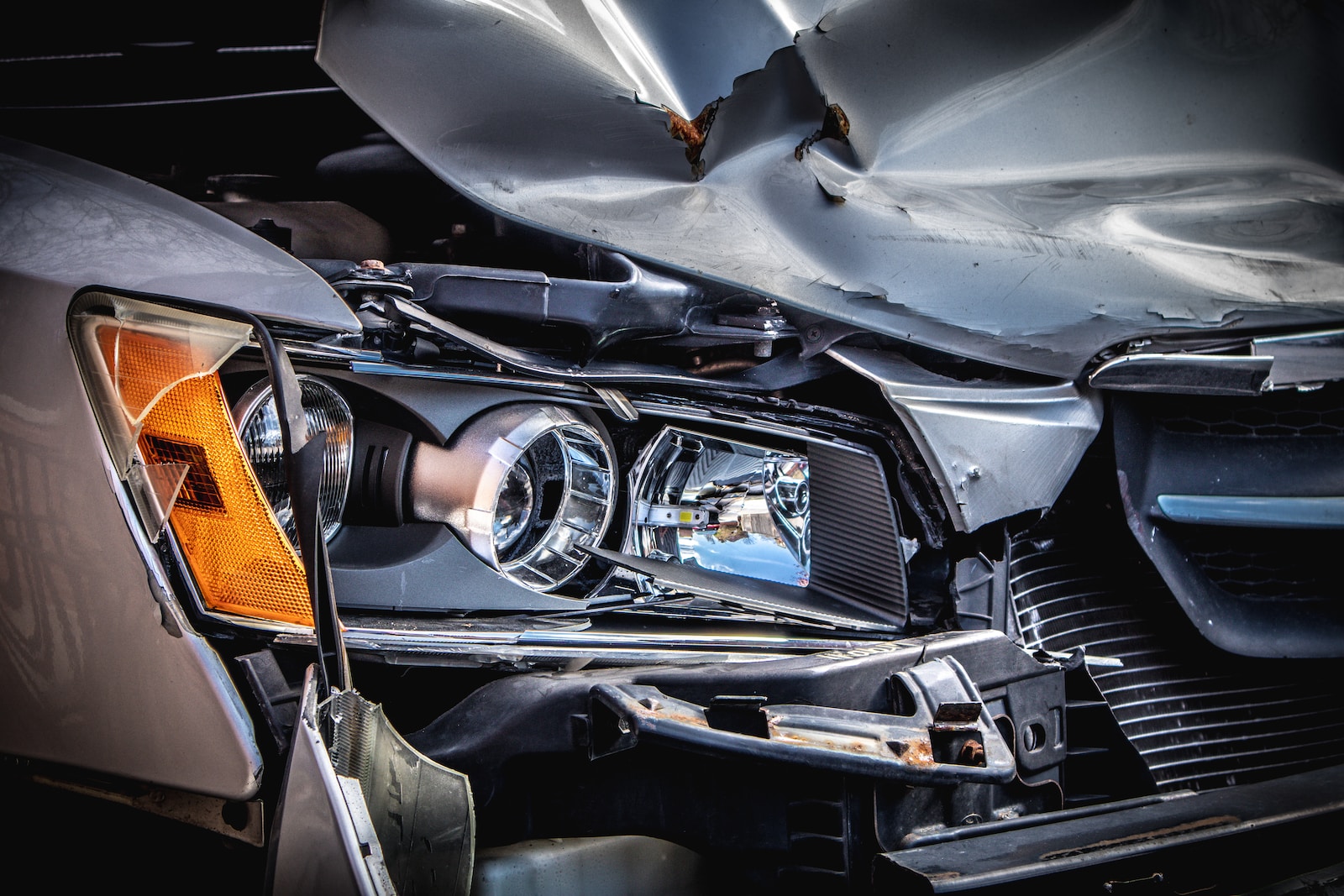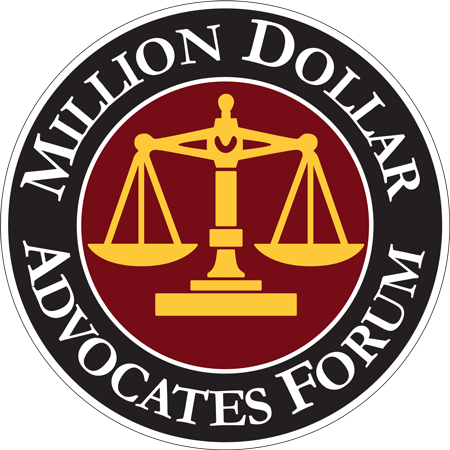Who Pays your Medical Bills After a Car Accident?

According to statistics reported by the state’s Department of Transportation, there were over 276,000 car accidents in New Jersey in 2019. The vast majority were caused by driver error, with distracted driving being the most common — almost 1,400 were associated with handheld or hands-free phone use, followed by DUI, driver fatigue, speeding, tailgating, and poor passing behavior.
Because car accidents and injuries are so common, U.S. drivers are legally required to have insurance that covers medical bills and property damage. When choosing insurance, you can select the level of coverage, which significantly affects who pays and how much after an accident.
How Much Will My PIP Coverage Pay?
There are two main categories of car insurance in New Jersey: standard and basic. Basic policies cost less than standard policies because they have fewer benefits.
A basic policy “is not for everyone, but it does provide enough coverage to meet the minimum insurance requirements of New Jersey law,” according to the State of New Jersey Department of Banking and Insurance (DOBI). “The basic policy could be an option for those with few family responsibilities and few assets to protect (including income from a job).”
A standard policy has different levels of coverage, paying as low as $15,000 per person or $30,000 per accident for bodily injury liability to as much as $250,000 per person and $500,000 per accident. This coverage pays when you are at fault. The basic policy, however, does not include bodily injury liability, although that option is available for a higher premium.
As for personal injury protection — the portion of your insurance policy that covers your and your passengers’ injuries — the standard policy allows you to choose coverage up to $250,000, while the basic policy does not include this protection.
In New Jersey, every driver has personal injury protection (PIP) as part of their own car insurance policy. New Jersey is a no-fault state, meaning your medical bills are covered by your own insurance company up to policy limits, regardless of fault. You could exhaust your own PIP quickly. Your coverage may not be enough to pay for surgical procedures.
Once you exhaust your own PIP coverage, you would look to the other driver’s policy to pay the rest in certain circumstances. You would need to prove that they were responsible for the accident for them to have a legal obligation to pay you.
Some injuries are covered up to $250,000, regardless of your chosen policy. This includes “permanent or significant brain injury, spinal cord injury or disfigurement or for medically necessary treatment of other permanent or significant injuries rendered at a trauma center or acute care hospital immediately following an accident,” according to the DOBI.
Your Health Insurance Provider May Pay
Drivers may also look to their health insurance policy to cover the medical costs of their accident. Often, you have the right to choose between PIP and health insurance.
Many health insurance companies pay for car accident medical bills. However, others may have included car accidents in their list of policy exclusions. Carefully check the language of your policy to determine whether your health insurance company would pay for car accident medical bills.
If a health insurance company pays for your medical expenses, they would have a lien against any settlement you may eventually get. The health insurance company needs to be paid back before you can get anything from your settlement.
The Right to Sue
If you have basic coverage, your medical bills may be paid, but you cannot sue for non-economic damages, such as pain and suffering.
Standard car insurance policies give you an unlimited right to sue the other driver, and you can pursue non-economic damages in the lawsuit.
While the unlimited option means you can sue the person who caused the accident for any pain and suffering you experience from an injury, the limited option means you can sue the at-fault person only if you sustain one of these permanent injuries, according to the DOBI:
- Loss of a body part
- Significant disfigurement or significant scarring
- A displaced fracture
- Loss of a fetus
- Permanent injury, meaning a body part or organ will not function normally again
- Death
Even with a high level of coverage, insurance can be challenging to navigate after an accident. Hiring a personal injury firm can help you focus on treatment and recovery while your attorney deals with insurance claims. Kitrick, McWeeney & Wells, LLC can help you get back on your feet.
Why You Should Contact a Lawyer
If you have filed a claim or lawsuit, the other driver must pay for your medical bills and other damage if you can prove they were negligent. To show that they are legally responsible, you would need to prove the following:
- The other driver owed you the duty of care.
- The driver breached the duty of care by doing something unreasonable.
- You suffered an injury.
- You would not have been injured had it not been for the acts or omissions of the other driver.
An attorney can investigate the accident and gather evidence proving responsibility. Accident victims have a better chance of recovering significant compensation with legal representation.
Contact Our New Jersey Car Accident Lawyers at Kitrick, McWeeney & Wells, LLC Today
If you have been injured in a car accident, a New Jersey car accident lawyer at Kitrick, McWeeney & Wells, LLC can work for you to get the maximum possible compensation in your case. We offer free consultations to prospective personal injury clients. You can call us today at 732-800-9474 or contact us online. Located in Manasquan and Brick, New Jersey, we serve clients in Middlesex County, Atlantic County, Mercer County, Monmouth County, and Ocean County, New Jersey.








